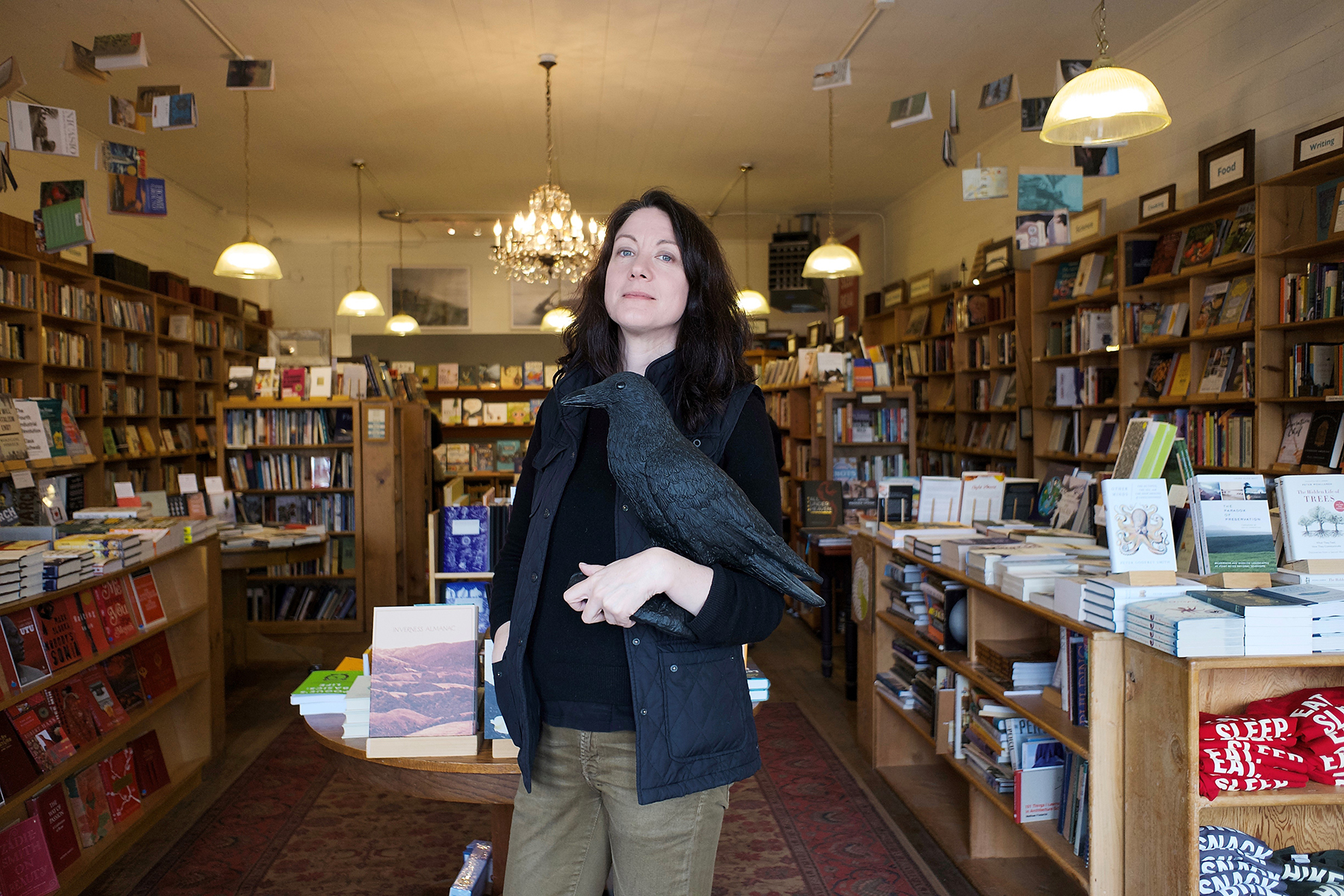- Home |
- Search Results |
- “For years the only emotion the word ‘essay’ provoked in me was panic”: Helen Macdonald on the origins of her essay collection, Vesper Flights
“For years the only emotion the word ‘essay’ provoked in me was panic”: Helen Macdonald on the origins of her essay collection, Vesper Flights
For her new book Vesper Flights, the H Is for Hawk author learned to trust her instincts, and let “love, curiosity and wonder” lead her writing.

I have a confession. For years the only emotion the word essay provoked in me was panic. I was the kind of child who never did their homework on time. At university it was worse. The disappointment on the faces of my tutors when I yet again failed to produce the essay I was meant to have written that week slowly turned to exasperated irritation.
On reflection, much of my incapacity was because I was unable to write essays the way I was supposed to. I was advised, over and over again, to make detailed plans before I started, work out my introduction, argument and conclusion before pen ever touched the page. But doing this was so impossible for me it stopped me from writing at all.
Exams were different. In exams, adrenaline and a ticking clock meant my only course of action was to start writing and see where my thoughts ended up. It always felt a little like white-water rafting: flowing, terrifying, exhilarating. Requiring constant attention to where I was heading, it sometimes involved a lot of back-paddling and crossings-out en route, but in exams the words always came. I never, ever, wrote a plan.
I’m at peace, these days, with the knowledge that I can’t write if I try to work out a piece’s argument and conclusions beforehand, because I know my brain doesn’t work like that. I need to be writing proper sentences before I can know what I’m going to think and say next. This is one of the reasons I cringe when I see advice on social media telling people how to write. Whatever works for you is the only way to go, and to hell with those who would seek to persuade you otherwise.
I don’t panic at the word essay anymore; I adore it. Essays seem to me to do things that longer pieces of creative non-fiction cannot; they’re exercises in fierce attention, things fashioned from love, curiosity and wonder. They remind me very much of what it feels like to find interesting things when you are out on a walk: half a hatched eggshell, a snag of fur on a fence wire, a CD glittering in the long grass of a roadside verge. Their creative inception resembles the focused moments when your attention is drawn from the background onto a single thing at which you want to look more closely, to try to understand what it is and what it means.
Essays seem to me to do things that longer pieces of creative non-fiction cannot; they’re exercises in fierce attention, things fashioned from love, curiosity and wonder
Writing essays often feels as if I’m puzzling something out with the reader, opening up new spaces for thoughts that seem somehow shared, rather than delivered as fait accompli. These days, though I adore writing longer works, I believe that my brain is wired precisely for the essay form, and that makes Vesper Flights a very special book for me. Every essay in it is an attempt to capture something of the astonishing nature of the world around us. In it, there are essays on everything from deer collisions to migraines, mushrooms to total eclipses of the sun, animal migrations, ancient fens, glowing beetles, scientific expeditions to refine the best ways to look for life on Mars. In it, I climb the Empire State Building to watch birds, think about the nature of divinity, and get more than a little obsessed with swans.
The essays in Vesper Flights are various not only in subject but their origins. Some began life as articles for publications like The New York Times Magazine and The New Statesman. Some were written for exhibition catalogues, or as words to accompany video art. Many were written specifically for the book. Despite the variousness of their origins, as the collection came together something magical began to happen; it began to feel as if the essays started talking to one another across their various subjects to reveal the deeper themes that run through the book, ones that course through our historical moment: matters of belonging and exile, fear and wonder, love and loss and the meaning of home.
We are living in exceedingly frightening times; the climate emergency, accelerating biodiversity loss, and our current political situation has meant that the book is more overtly political than H is for Hawk, and I am glad it is so. While I am not an overtly polemical writer, there is much urgency in its pages. For ultimately, Vesper Flights isn’t just a book that investigates the ways in which we see the natural world. It’s a book about where we are now, and how we might be able to sustain hope at a time when it seems in increasingly short supply.